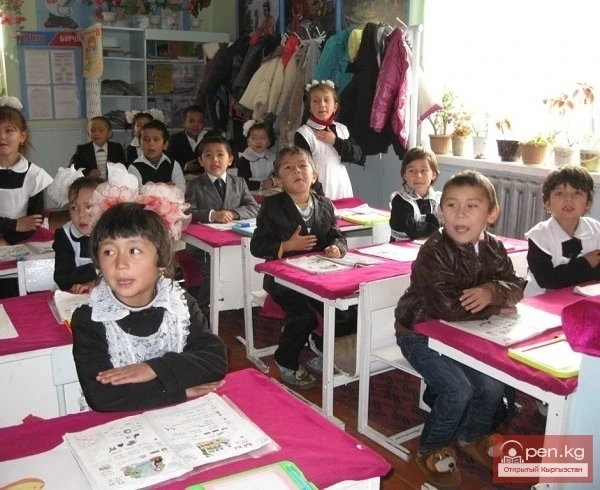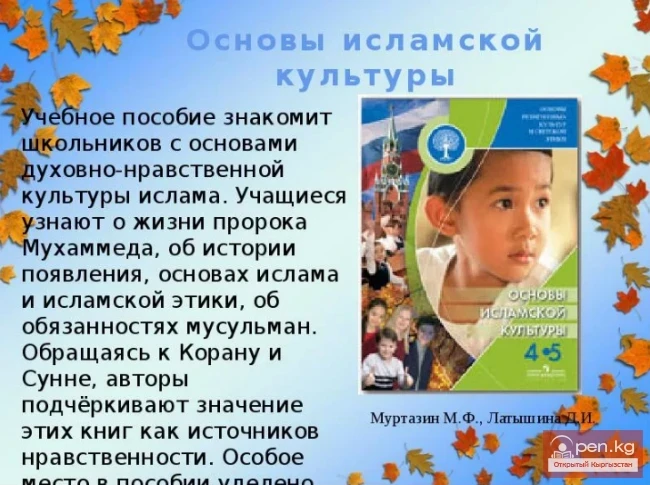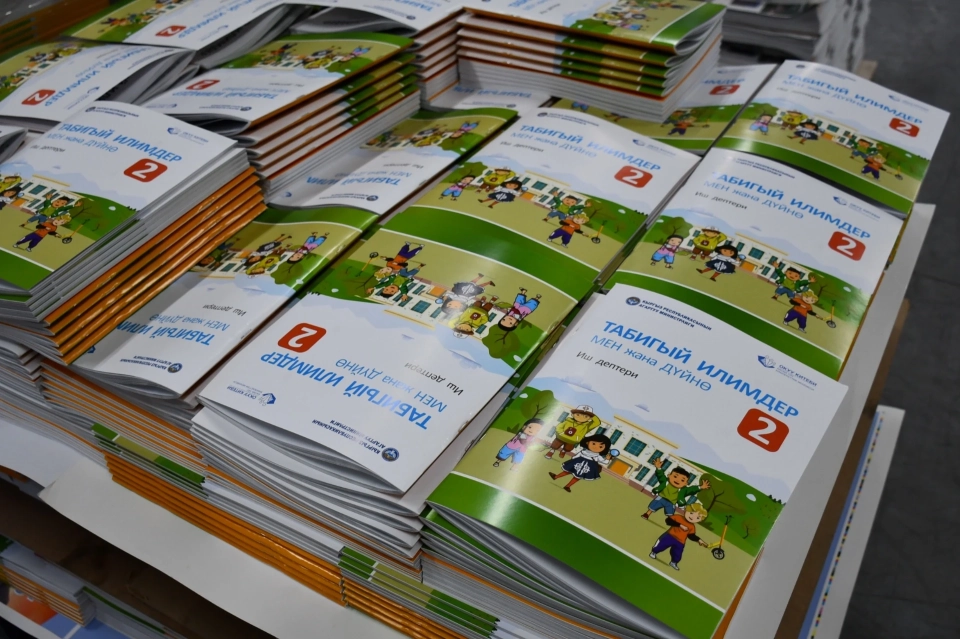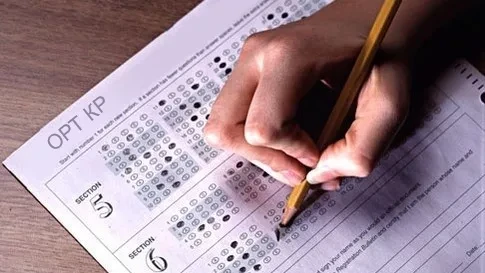Teachers can't keep up with all the students
This year, classes in schools are overcrowded, with some lessons having up to 60 students. The workload on teachers has significantly increased, especially in the first and second grades, where the number of children has nearly doubled compared to previous years. At the beginning of the school year, some classes had 60 children, creating challenging conditions for learning. As a result, classes were redistributed, and now in the capital's schools, there are on average six or seven classes in the first grade parallel.“In our class, there are 35 students, and that's considered not too bad. But the teacher needs to pay attention to everyone, and by the time they reach the end of the class, the bell rings. I ask my child every day if the teacher spoke to them, checked their assignments. Unfortunately, such attention is not always given. Establishing contact with the teacher at the beginning of the school year is very important; otherwise, children just come to school and leave without any interaction. I don't blame the teachers; they can't keep up. But the problem needs to be addressed because school is not just about education, but also about socialization. The ministry seems to think that the main thing is just to keep the children in class for 45 minutes,” shared the opinion of a mother of a student from school No. 26.
The situation with overcrowded classes is observed in many schools in the capital, where there are more than 50 students per teacher.
“Children are left to fend for themselves”
Parents also express concern about the organization of the educational process and the safety of younger students.“The first and second shifts are released and accepted at the same time, which poses a serious threat to children, as they could get injured. In such a situation, the little ones are left to fend for themselves. Instead of addressing these critical issues, the new administration is only checking the dress code,” said the mother of a student from school No. 29.
In other educational institutions, it is also noted that children enter and exit classes simultaneously, without proper safety control. Children stand in queues, pushing to get inside, while teachers, trying to manage the situation, cannot cope with the chaos.
“My daughter says she has to push her way to her desk, jostling with other students. Who will take responsibility if someone falls?” asks the mother of a first-grader from school No. 34.
After school — to kindergarten
For many families, problems with schooling do not end with the educational process alone. Due to a lack of classrooms, there is no opportunity to organize extended learning. Previously, officials promised that in case of a shortage of places, first-graders would be placed in nearby kindergartens where they could stay after lessons, receive meals, and engage in activities until their parents arrived. However, later schools increased the quotas for accepting children, and the city administration tried to accommodate them as much as possible in educational institutions. According to the city education department, in September, 630 first-graders were placed in kindergartens.Nevertheless, many parents prefer to pick up their children immediately after lessons. This creates difficulties for families where both parents work, and each family is seeking its own solutions.
“My son is in the first grade of a public school. After lessons, he is left alone, and there is no one at home to look after him or take him to extracurricular activities. So we enrolled him in a private kindergarten. He spends time there until the evening, playing and engaging with older children. We didn't know how else to solve this problem,” said the mother of a first-grader from one of the capital's schools.
Other parents are doing the same; some hire nannies who pick up children from school and care for them until their parents return from work.
Lack of textbooks
The shortage of textbooks has also become a serious problem. Education for first-graders is conducted according to the updated "Narisete" program, while second-graders continue to study under the first-grade program of the 11-year education system.Since the decision to introduce the 12-year system was made only last year, the development of textbooks and educational materials has been expedited. Textbooks are still being delivered to schools. For example, in November, textbooks for "Natural Sciences" for second grades were printed, and recently, Russia transferred textbooks for the Russian language for first grades.
Short holidays
This school year, school holidays have become significantly shorter: instead of the usual week, children had only five days off, including weekends.School medicine specialist, doctor Baktygul Zhumagulova, notes that five days is enough for high school students to adapt, while younger students, especially first and second graders, need more time to recover. However, in the first quarter, they rest according to the general schedule. Many parents have already expressed dissatisfaction with the new schedule and have started arranging “independent” holidays for their children. Additional holidays for first-graders are planned only in December.
“My child is thin and small, even though he is already six years old; he looks younger than his peers. And let the officials say that there is no load in school, children still get tired. Therefore, I often arrange breaks for him and keep him at home,” said the mother of a student from the village of Ivanovka in the Chui region.





